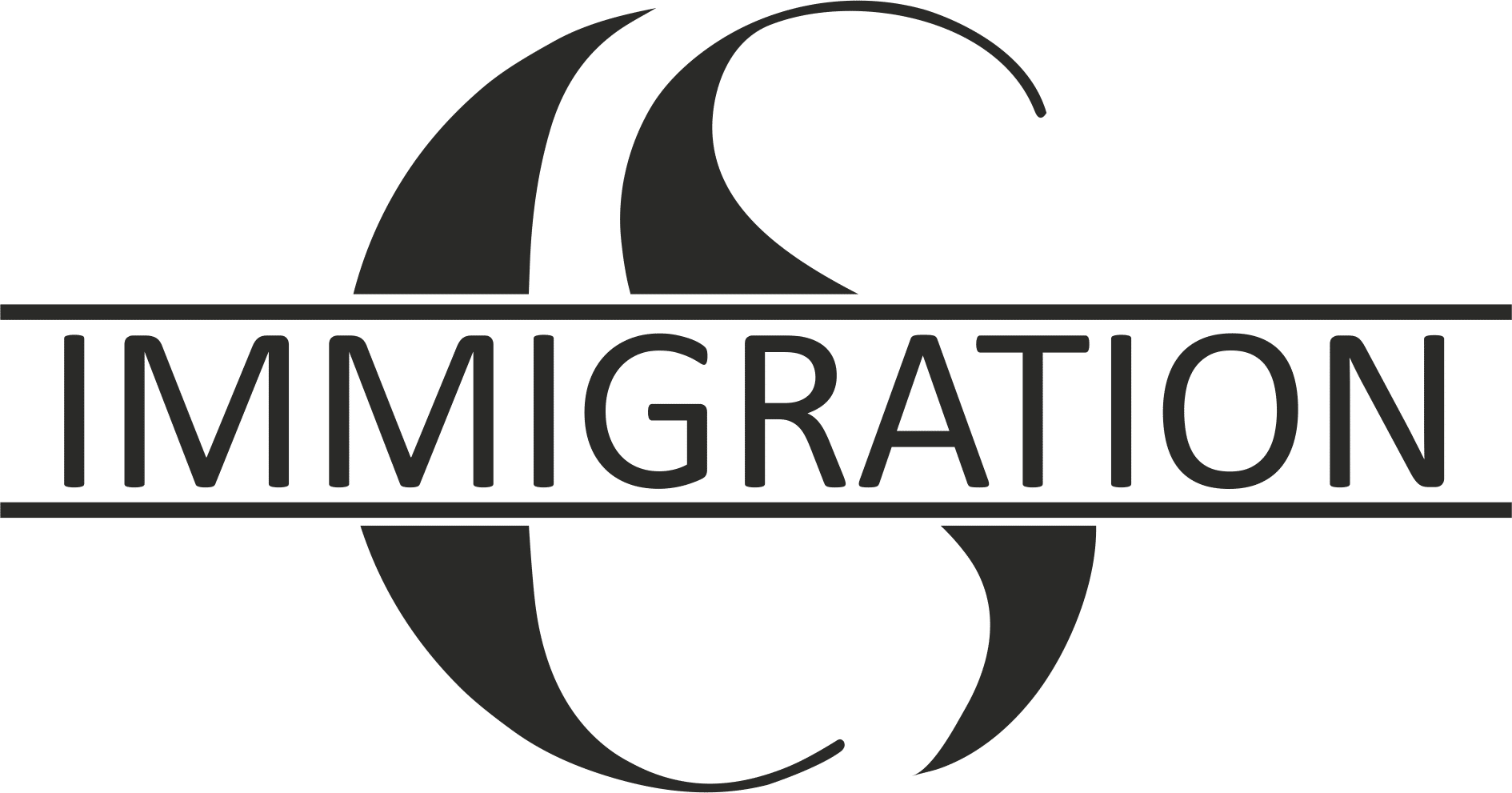Students who have been denied a study visa in Canada may find themselves in a frustrating situation.
After being accepted into a Canadian school (university, college, or other recognised institution) and preparing a study permit application, it is critical for candidates to understand why their application was denied.
Reasons for refusal
In most situations, Immigration, Refugees and Citizenship Canada (IRCC) will send an applicant a letter explaining why their application was denied.
IRCC may reject a study visa application for a variety of reasons, including an applicant’s failure to:
- show proof of financial ability to support yourself while studying in Canada;
- pass the medical exam (if one is required)
- convince the immigration officer that his or her main intent of coming to Canada is to study; and/or
- convince the immigration officer that he or she will leave Canada once their study period is complete.
Review of Canadian Study Permit requirements
The eligibility criteria should be reviewed first if and when an application for a study visa is denied. Prospective international students must meet the following requirements in order to study in Canada on a study permit:
- have been accepted by a designated learning institution in Canada;
- prove that they have enough money to pay for:
- tuition fees,
- living expenses for themselves and any family members who come with them to Canada, and
- return transportation for themselves and any family members who come with them to Canada;
- be a law-abiding citizen with no criminal record and not be a risk to the security of Canada. A police certificate (or certificates) may be required;
- be in good health and willing to complete a medical examination, if necessary; and
- satisfy an immigration officer that they will leave Canada at the end of the authorized stay.







